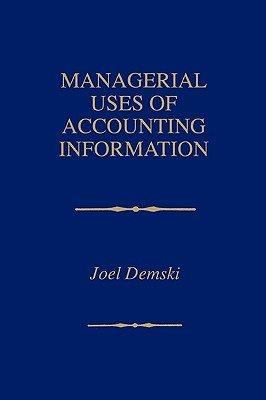aetual versus normal eosting Return to the setting of Ralph' s Firm, problem 11 in Chapter 5.
Question:
aetual versus normal eosting Return to the setting of Ralph' s Firm, problem 11 in Chapter 5. After reflection and analysis, Ralph eoncludes that total manufaeturing overhead (DV) is best described with a linearmodel of the following form: OVt = a + ~yt + lOt' a and ~ are eonstants, Yt is the total of direet labor eost pIus direet material eost in period t, lOt is a zero mean random error term in period t (arising from such things as weather, shop floor eongestion, and so on), and OVt is total manufaeturing overhead in period t.
Ralph speeulates that a = 20,000 and ~ = 1.00. Ralph also speeulates that manufaeturing during the period in question will result in Yt = 20,000; i.e., direet labor and direet material will total $20,000. Using the output and eost data in the data in the originaI problem eonsider the following.
a] Suppose Ralph uses this analysis and speeulation to implement a normal, full eosting procedure. Determine the manufaeturing eost per unit for eaeh produet.
Further suppose half of the eurrent period produetion of A and B has been sold.
Determine ending finished goods inventory and eost of goods sold.
b] Carefully discuss how Ralph's specifieation of the overhead LLA removes the ambiguity eneountered in the originaI problem.
e] Repeat part [a], assuming Ralph uses a normal, variable eosting system.
AppendixLO1
Step by Step Answer:






